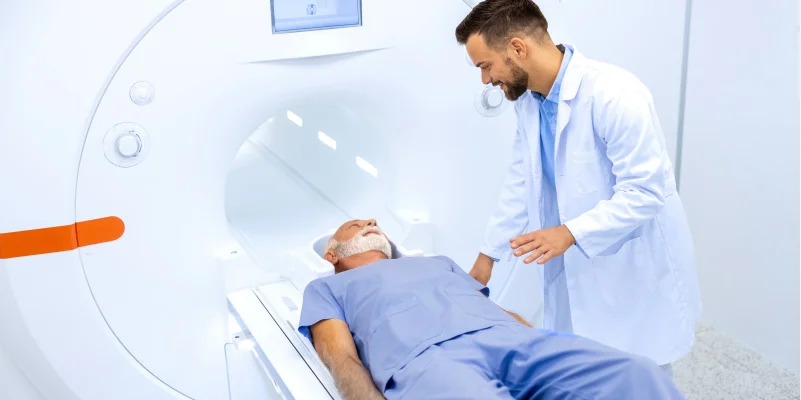Radiology Tests: How Often Should You Get It?
When it comes to our health, early detection and prevention play a crucial role in ensuring a longer and healthier life. Radiology tests, such as X-rays, CT scans, and MRIs, have revolutionized the field of medicine by providing detailed images of the internal structures of our bodies.
These tests are performed for various reasons, including diagnosing health conditions and monitoring treatment progress. But how often should you get these tests? Let’s explore this topic further.
Challenges in Determining Test Frequency:
One of the biggest challenges in determining the frequency of radiology tests is finding the right balance between proactive healthcare and avoiding unnecessary radiation exposure.
While radiology tests are generally safe, they involve a small amount of radiation, which can accumulate over time and pose risks. Hence, it is essential to follow evidence-based guidelines to ensure appropriate utilization of these tests.
Understanding Guidelines and Personalized Recommendations:
Radiology test frequency depends on various factors such as age, gender, medical history, and risk factors. For instance, individuals with a family history of certain diseases may require more frequent screenings.
It is essential to consult with your healthcare provider, who can assess your individual needs and provide personalized recommendations based on guidelines from reputable institutions.
FAQs
Q1: How often should I get a mammogram?
A1: The American Cancer Society recommends that women with an average risk of breast cancer start getting yearly mammograms at age 45 and switch to every two years at age 55. However, women at higher risk may need to begin screenings earlier or have them more frequently.
Q2: How often should I get a colonoscopy?
A2: The American Cancer Society suggests that individuals at average risk should start screening for colorectal cancer at age 45 and continue every ten years after that. However, those with certain risk factors may need to start earlier or have more frequent screenings.
Q3: How often should I get a bone density test?
A3: The US Preventive Services Task Force recommends that women aged 65 and older should undergo a bone density test every two years. However, individuals with certain medical conditions or risk factors may need more frequent testing.
It is important to note that these recommendations are general guidelines, and your healthcare provider may suggest different intervals based on your specific circumstances.
Radiology tests are valuable tools in diagnosing and monitoring various health conditions. However, the frequency of these tests should be determined based on individual needs and evidence-based guidelines. Regular consultations with your healthcare provider are crucial to assess your risk factors, discuss your medical history, and select the appropriate timing for radiology screenings.
Remember, early detection can make a significant difference in treatment outcomes. Take charge of your health by staying informed and seeking guidance from experts.
To learn more about radiology tests and other healthcare services, visit Apollo Clinic today. Our team of experienced doctors and state-of-the-art facilities ensure top-notch care for all your medical needs.

